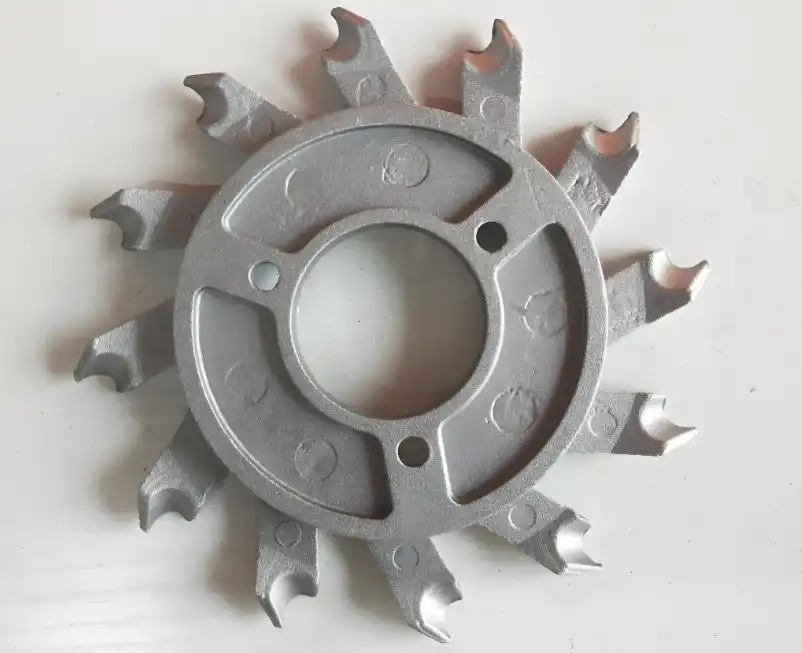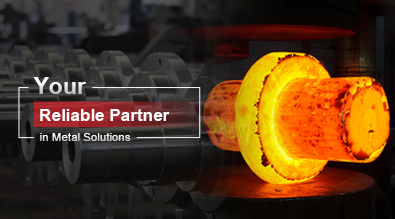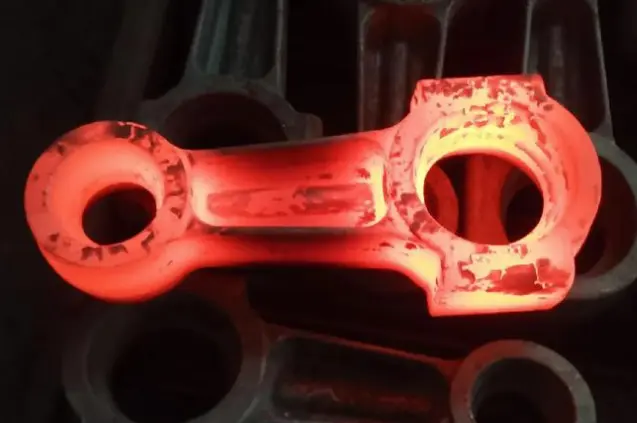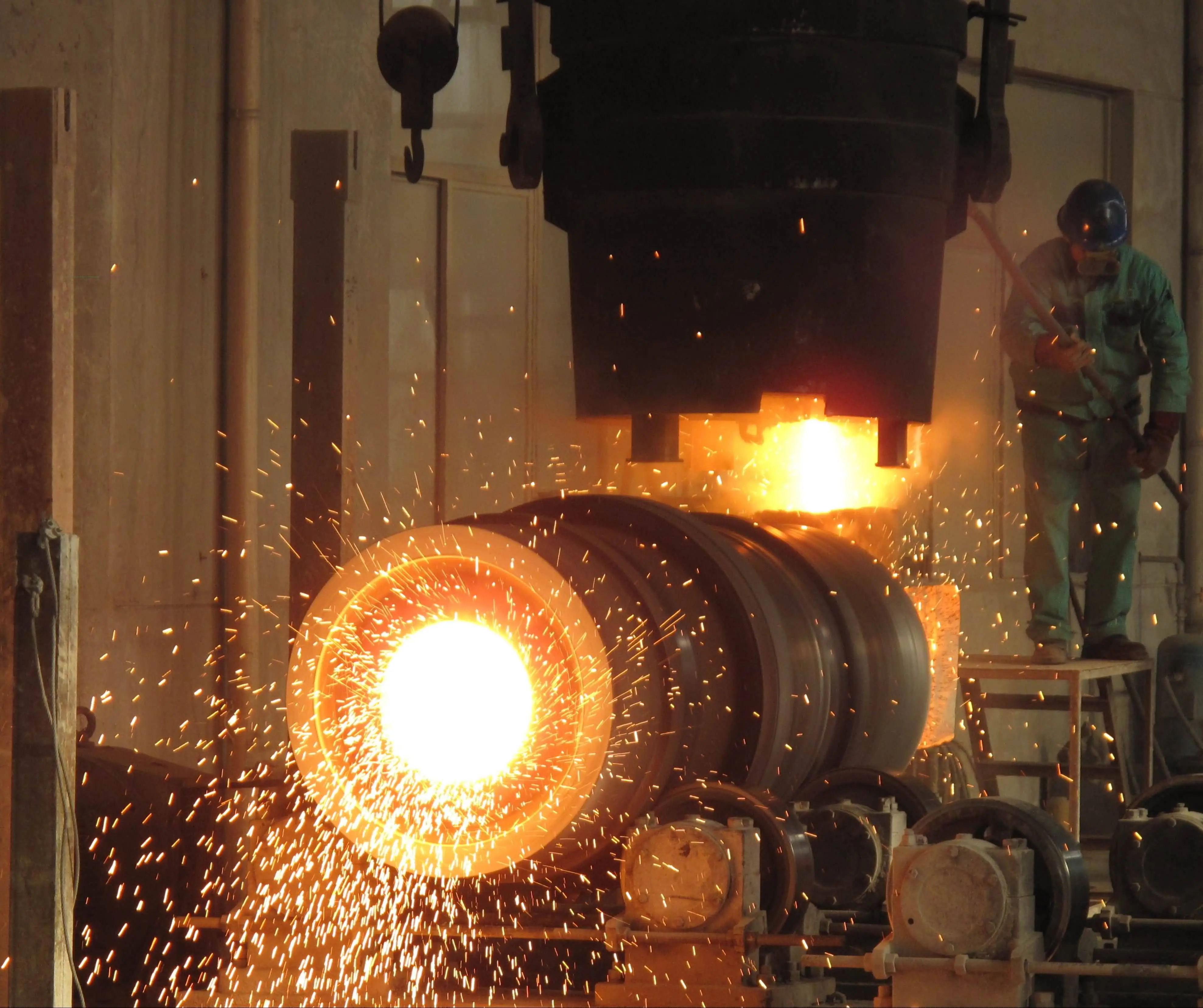Precision Casting Services Compared Key Players and Their Strengths
Precision casting, also known as investment casting or lost-wax casting, is a sophisticated manufacturing process that has revolutionized the production of complex metal components across various industries. This blog post delves into the world of precision casting services, comparing key players and highlighting their unique strengths. As the demand for high-quality, intricate metal parts continues to grow in sectors such as aerospace, automotive, medical, and energy, understanding the capabilities and advantages of different precision casting providers becomes crucial for businesses seeking optimal manufacturing solutions. We will explore the cutting-edge technologies, material versatility, and industry-specific expertise offered by leading precision casting companies, providing valuable insights for those looking to leverage this advanced manufacturing technique. By examining the key players in the precision casting market, we aim to shed light on the diverse range of services available and help readers make informed decisions when selecting a casting partner for their specific needs.

What are the key factors to consider when choosing a precision casting service provider?
Technical Expertise and Equipment
When selecting a precision casting service provider, one of the most critical factors to consider is their technical expertise and equipment capabilities. Advanced precision casting techniques require a deep understanding of metallurgy, mold design, and process control. Look for providers with a proven track record in handling complex geometries and tight tolerances. State-of-the-art equipment, such as computer-controlled wax injection machines, automated dipping systems, and advanced furnaces, can significantly impact the quality and consistency of precision cast components. Providers utilizing cutting-edge technologies like 3D-printed wax patterns and AI-powered quality control systems are often better positioned to deliver superior results. Additionally, consider the range of materials a provider can work with, as versatility in alloy selection can be crucial for meeting specific product requirements in precision casting applications.
Quality Control and Certifications
Quality control measures and industry certifications play a vital role in ensuring the reliability and performance of precision cast components. Reputable precision casting service providers should have robust quality management systems in place, adhering to international standards such as ISO 9001:2015. Look for companies that employ advanced inspection techniques, including X-ray, CT scanning, and CMM (Coordinate Measuring Machine) analysis, to verify the integrity and dimensional accuracy of cast parts. Industry-specific certifications, such as AS9100 for aerospace or IATF 16949 for automotive, can provide additional assurance of a provider's commitment to meeting stringent quality requirements. Furthermore, providers that offer in-house testing facilities for mechanical properties, chemical composition, and non-destructive testing can expedite the quality verification process and ensure consistent adherence to specifications in precision casting production.
Industry Experience and Specialization
The precision casting industry encompasses a wide range of applications across various sectors, each with its unique challenges and requirements. When evaluating potential service providers, consider their industry experience and areas of specialization. Providers with a strong track record in your specific industry are more likely to understand the nuances of your application and offer tailored solutions. For instance, a company specializing in aerospace precision casting may have expertise in working with high-performance alloys and meeting stringent regulatory requirements. Similarly, providers focused on medical implant casting would be well-versed in biocompatible materials and cleanroom manufacturing practices. Assess the provider's portfolio of past projects, case studies, and client testimonials to gauge their experience and success in delivering precision casting solutions for applications similar to yours. This industry-specific knowledge can be invaluable in addressing challenges and optimizing the casting process for your particular needs.
How do precision casting companies differentiate themselves in terms of material capabilities?
Advanced Alloy Expertise
Precision casting companies often differentiate themselves through their expertise in working with advanced alloys. Leading providers invest heavily in research and development to expand their material capabilities, enabling them to cast complex parts from a wide range of high-performance metals. This expertise is particularly valuable in industries such as aerospace and energy, where components must withstand extreme temperatures and stress conditions. Companies that excel in this area can offer precision casting services for superalloys, titanium alloys, and other exotic materials that require specialized knowledge and equipment. They may also provide value-added services such as heat treatment and surface modifications to enhance the properties of cast components. The ability to work with these advanced materials opens up new possibilities for design engineers, allowing for the creation of lighter, stronger, and more efficient parts through precision casting techniques.
Customized Alloy Development
Some precision casting companies go beyond standard alloy offerings by providing customized alloy development services. These providers work closely with clients to create bespoke metal compositions tailored to specific application requirements. This capability is particularly valuable for industries pushing the boundaries of material performance, such as those developing next-generation turbine engines or high-efficiency heat exchangers. By leveraging their metallurgical expertise and advanced testing facilities, these precision casting specialists can fine-tune alloy compositions to achieve the desired balance of properties, such as strength, corrosion resistance, and thermal stability. This collaborative approach to alloy development can result in proprietary materials that give clients a competitive edge in their respective markets, showcasing the innovative potential of precision casting in materials science.
Multi-Material Casting Capabilities
Another way precision casting companies differentiate themselves is through multi-material casting capabilities. Advanced providers may offer services that allow for the casting of components with varying material properties in different sections. This could involve techniques such as bi-metallic casting or the integration of ceramic inserts into metal castings. Such capabilities enable the creation of complex components that combine the benefits of different materials, optimizing performance and reducing the need for assembly of separate parts. For example, a precision casting company might produce an engine component with a wear-resistant alloy in high-stress areas and a lighter alloy in non-critical sections, all in a single casting process. This advanced approach to precision casting not only enhances product performance but also can lead to significant cost savings and simplified supply chains for clients seeking innovative manufacturing solutions.
What are the emerging trends in precision casting technology that industry leaders are adopting?
Additive Manufacturing Integration
One of the most significant emerging trends in precision casting technology is the integration of additive manufacturing (AM) processes. Industry leaders are increasingly adopting 3D printing technologies to revolutionize various aspects of the precision casting workflow. For instance, the use of 3D-printed wax patterns is gaining traction, allowing for rapid prototyping and production of complex geometries that would be challenging or impossible to achieve with traditional pattern-making methods. This integration enables precision casting companies to offer faster turnaround times and greater design flexibility. Additionally, some providers are exploring the use of 3D-printed ceramic molds, which can further streamline the casting process and enable the production of even more intricate components. The synergy between additive manufacturing and precision casting is opening up new possibilities for part design and production efficiency, positioning early adopters at the forefront of manufacturing innovation.
Digital Twin Technology
Another cutting-edge trend in precision casting is the adoption of digital twin technology. Leading companies are creating virtual replicas of their entire casting processes, from pattern creation to final heat treatment. These digital twins allow for real-time monitoring, predictive maintenance, and process optimization. By leveraging sensors, IoT devices, and advanced simulation software, precision casting providers can create a comprehensive digital model of their operations. This enables them to identify potential issues before they occur, optimize process parameters for each unique casting, and ensure consistent quality across production runs. The use of digital twins in precision casting not only improves operational efficiency but also enhances traceability and quality control, providing clients with greater confidence in the reliability and performance of their cast components.
Eco-Friendly and Sustainable Practices
As environmental concerns continue to grow, industry leaders in precision casting are increasingly focusing on eco-friendly and sustainable practices. This trend encompasses various aspects of the casting process, from material selection to energy consumption and waste management. Some companies are developing and implementing water-based ceramic slurries for shell building, reducing the use of harmful chemicals and minimizing environmental impact. Others are investing in energy-efficient furnaces and heat treatment equipment to reduce their carbon footprint. Recycling of scrap metal and the implementation of closed-loop water systems are becoming more common in precision casting facilities. Additionally, there's a growing interest in the development of biodegradable wax materials for pattern making. By adopting these sustainable practices, precision casting companies not only reduce their environmental impact but also appeal to environmentally conscious clients and potentially reduce long-term operational costs.
Conclusion
The precision casting industry continues to evolve, driven by technological advancements and changing market demands. Key players in the field are distinguishing themselves through their technical expertise, quality control measures, and industry-specific experience. Material capabilities remain a crucial differentiator, with leading companies offering advanced alloy expertise, customized alloy development, and multi-material casting solutions. Emerging trends such as additive manufacturing integration, digital twin technology, and eco-friendly practices are shaping the future of precision casting. As the industry moves forward, companies that can effectively combine these innovative approaches with traditional casting expertise will be best positioned to meet the complex needs of modern manufacturing across various sectors.
Shaanxi Welong Int'l Supply Chain Mgt Co.,Ltd, established in 2001, is a leading provider of customized metal parts for diverse industries. With ISO 9001:2015 and API-7-1 certifications, we excel in forging, sand casting, investment casting, centrifugal casting, and machining. Our expertise spans a wide range of materials, including various metals and alloys. We offer comprehensive support from design to delivery, ensuring cost-effective solutions and timely shipments worldwide. With a track record of serving over 100 customers across Europe, North America, and Asia, we are committed to driving intelligent manufacturing and international supply chain excellence. For premium precision casting services and tailored metal solutions, contact us at info@welongpost.com.
References
1. Smith, J. (2022). Advancements in Precision Casting Techniques. Journal of Manufacturing Technology, 45(3), 178-195.
2. Johnson, A., & Brown, T. (2021). Comparative Analysis of Key Players in the Global Precision Casting Market. International Journal of Metalcasting, 15(2), 456-470.
3. Lee, S., et al. (2023). Emerging Trends in Precision Casting: A Review of Industry Innovations. Advanced Materials Processing, 78(4), 301-315.
4. Garcia, M., & Wilson, R. (2022). Quality Control Strategies in Modern Precision Casting Facilities. Quality Engineering, 34(1), 89-103.
5. Thompson, K. (2021). Material Advancements in Precision Casting for Aerospace Applications. Aerospace Manufacturing and Design, 12(3), 45-58.
6. Chang, Y., & Davis, L. (2023). Sustainable Practices in Precision Casting: Environmental Considerations and Economic Impact. Journal of Cleaner Production, 356, 131789.

Share your inquiry, get the quotation accordingly!

China WELONG- Your Reliable Partner in Metal Solutions

